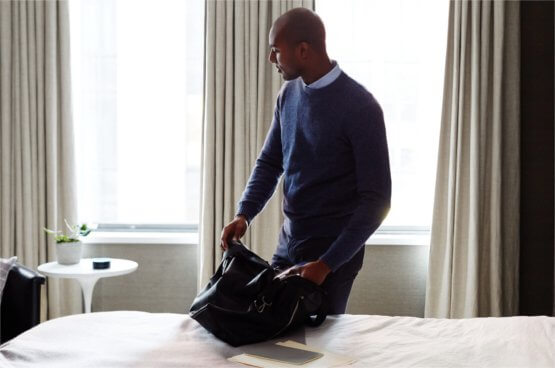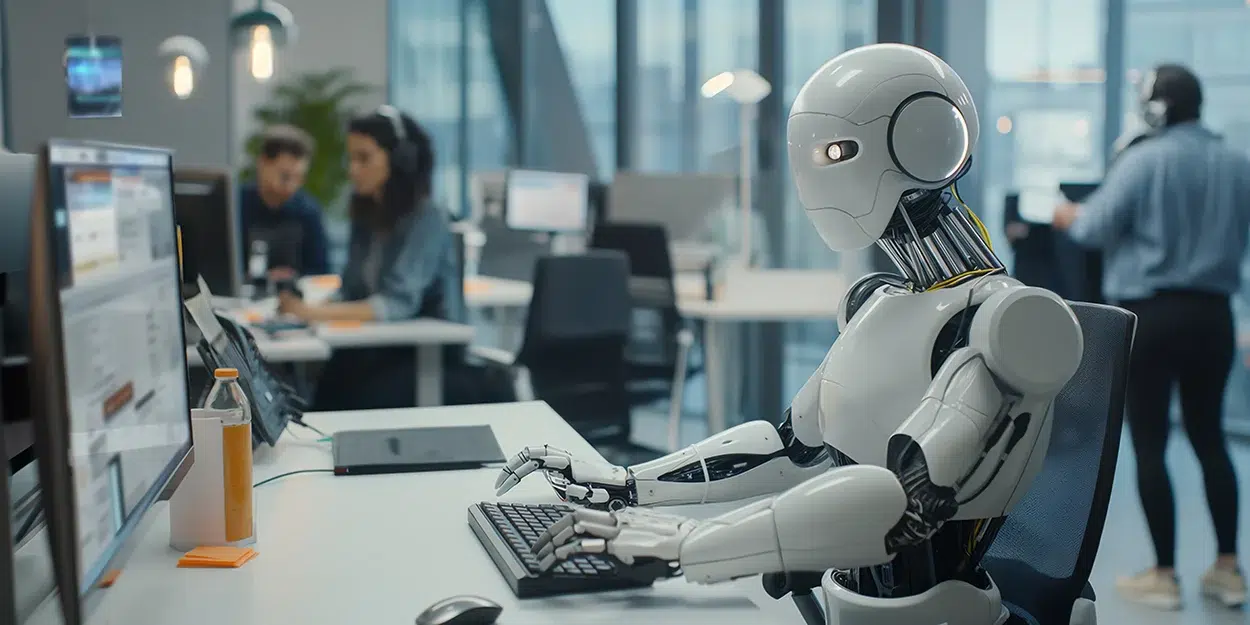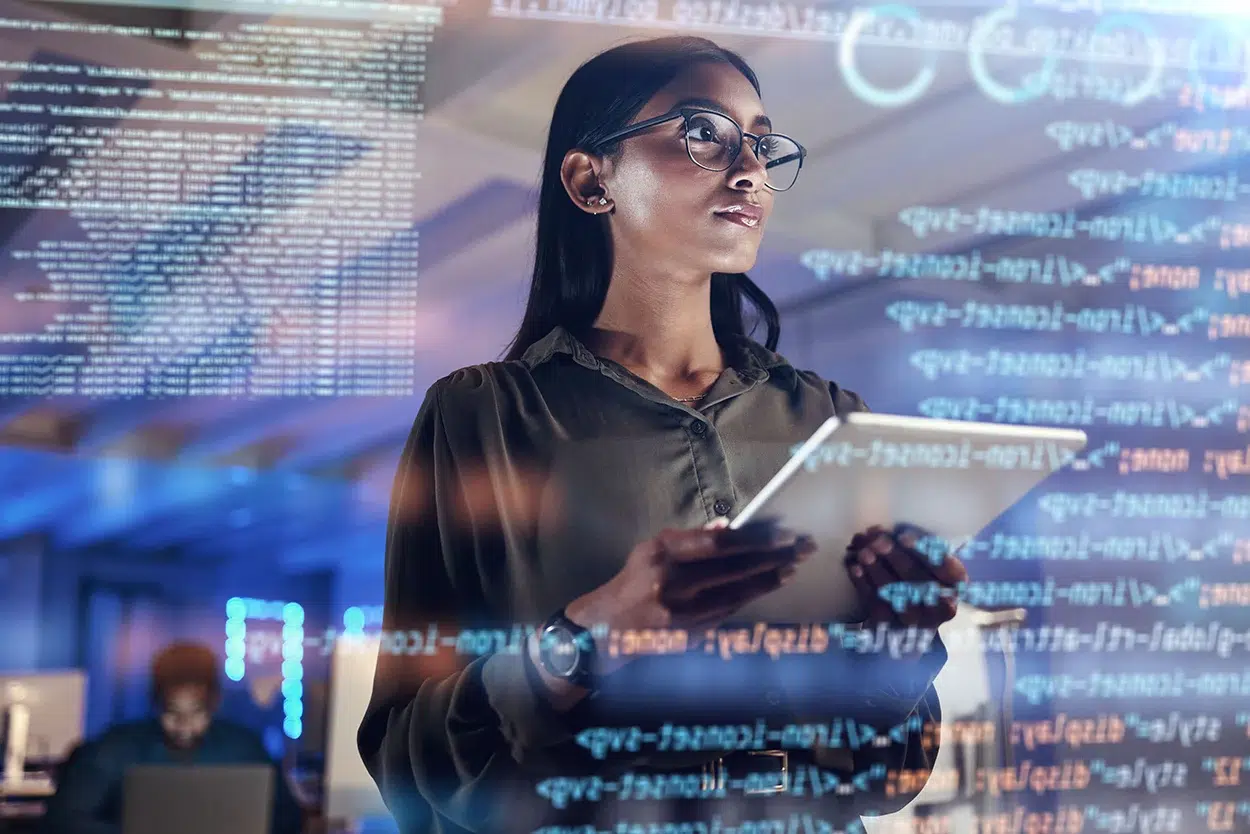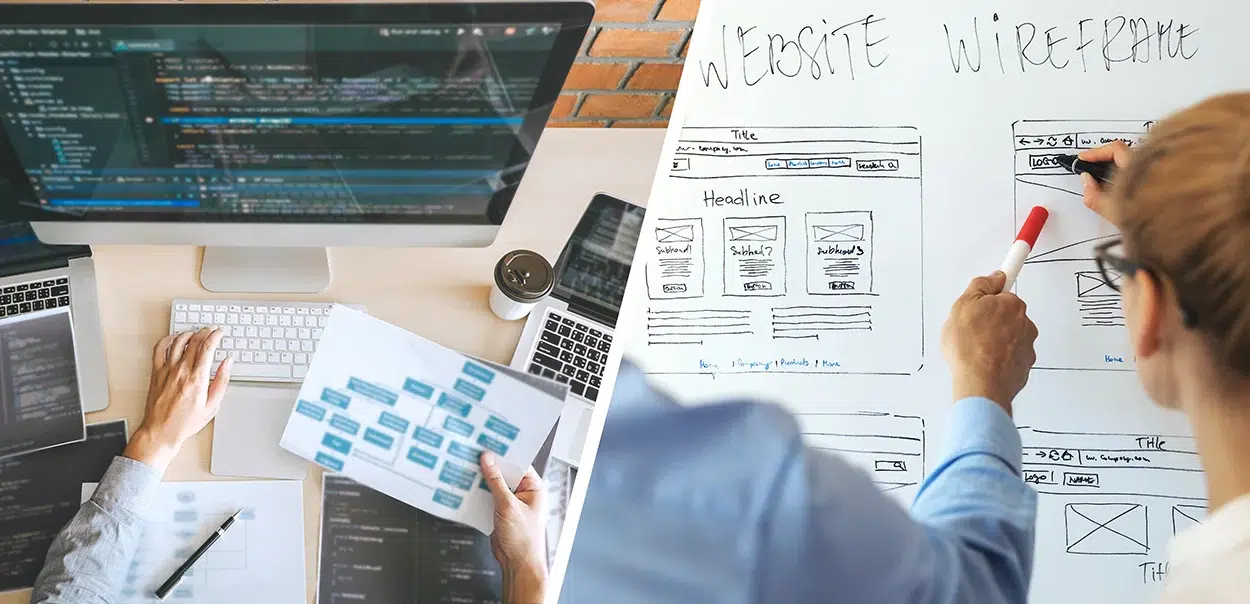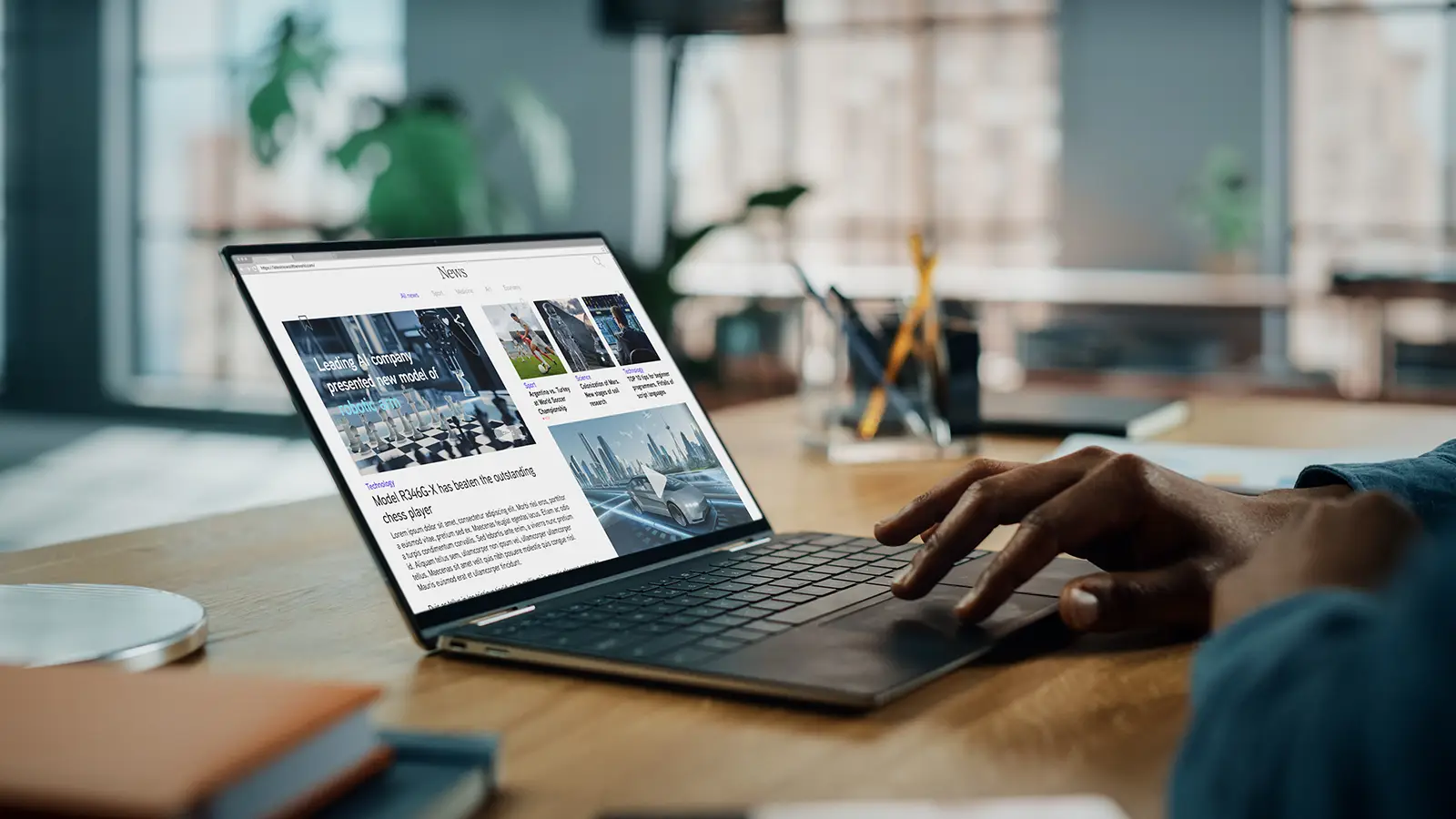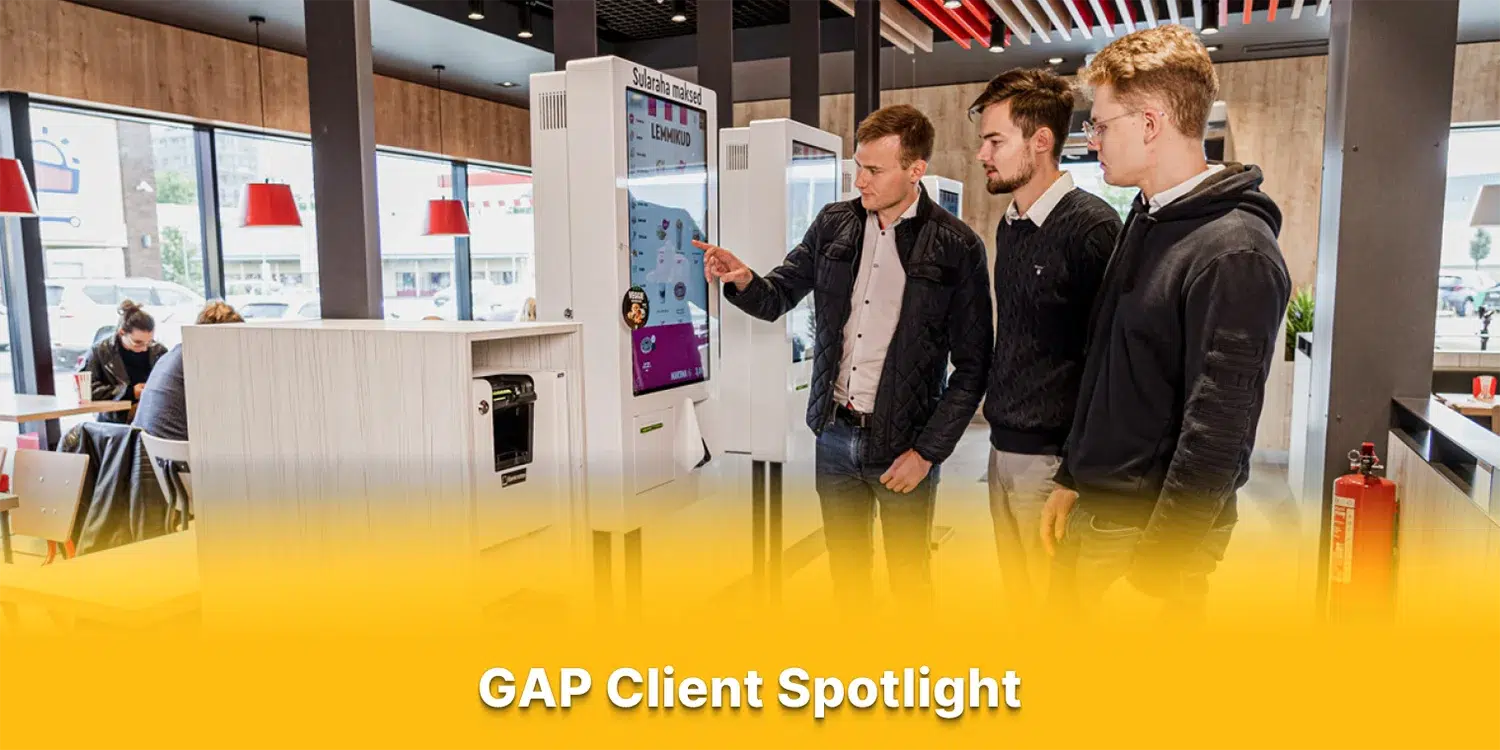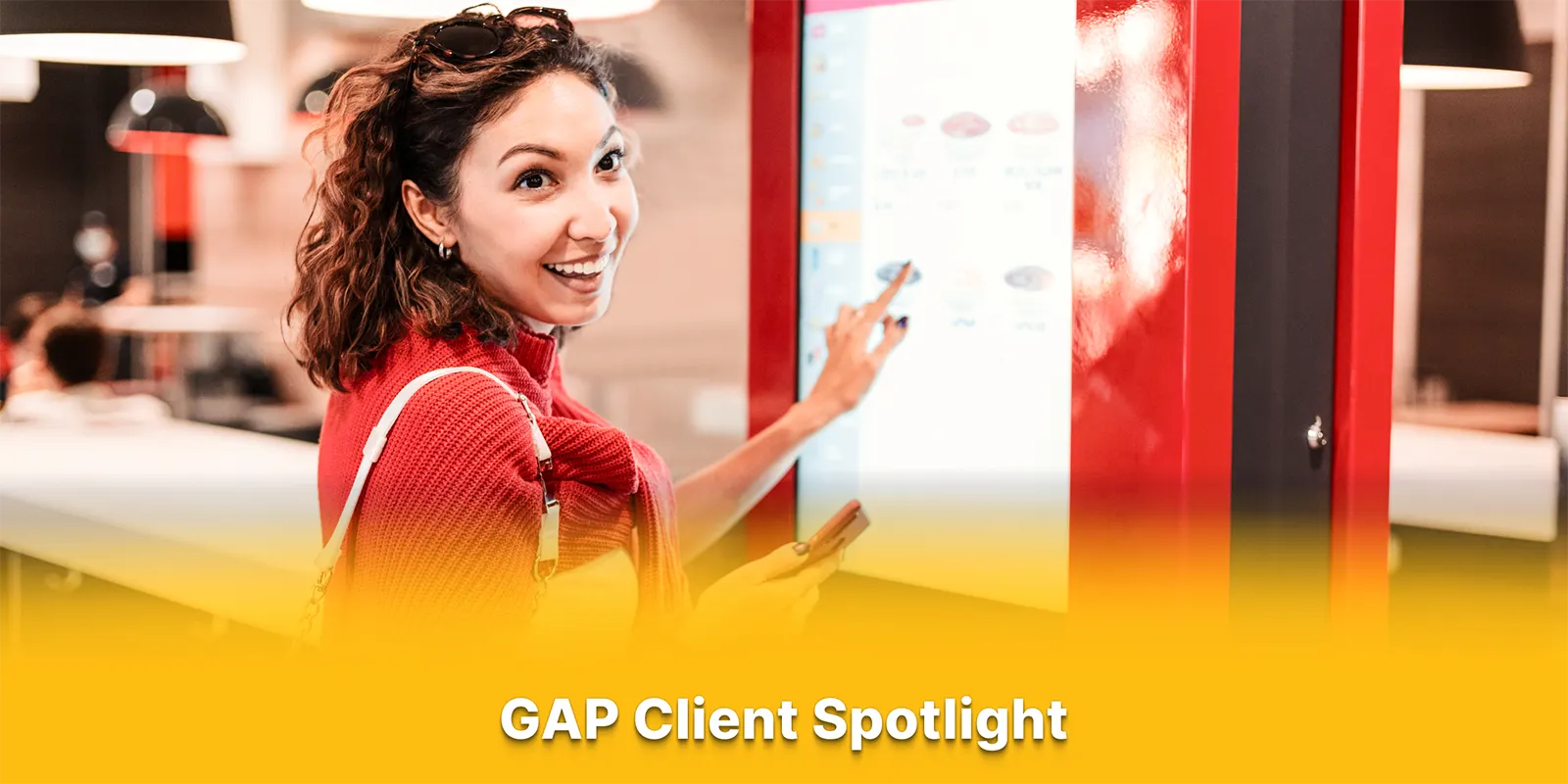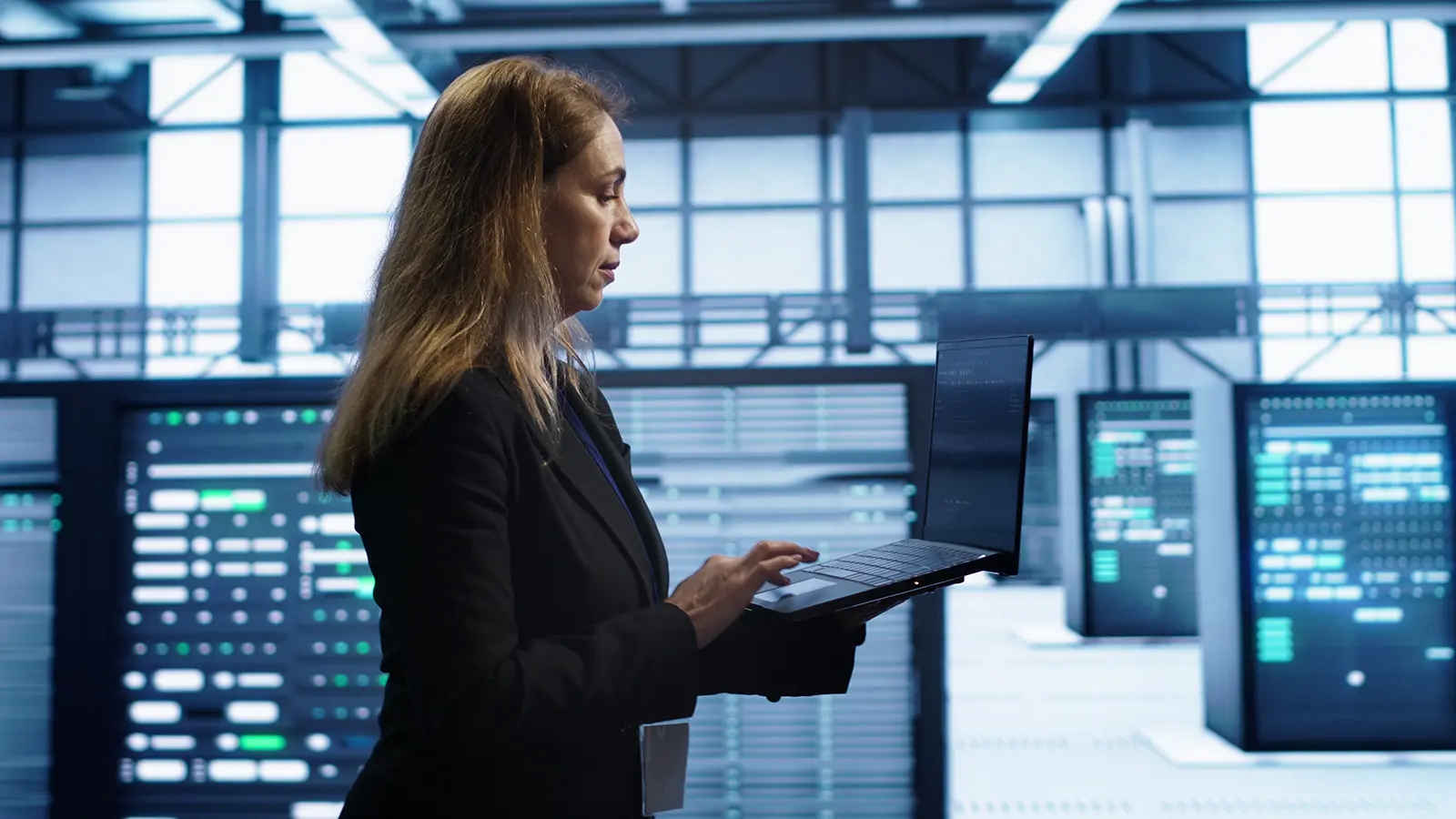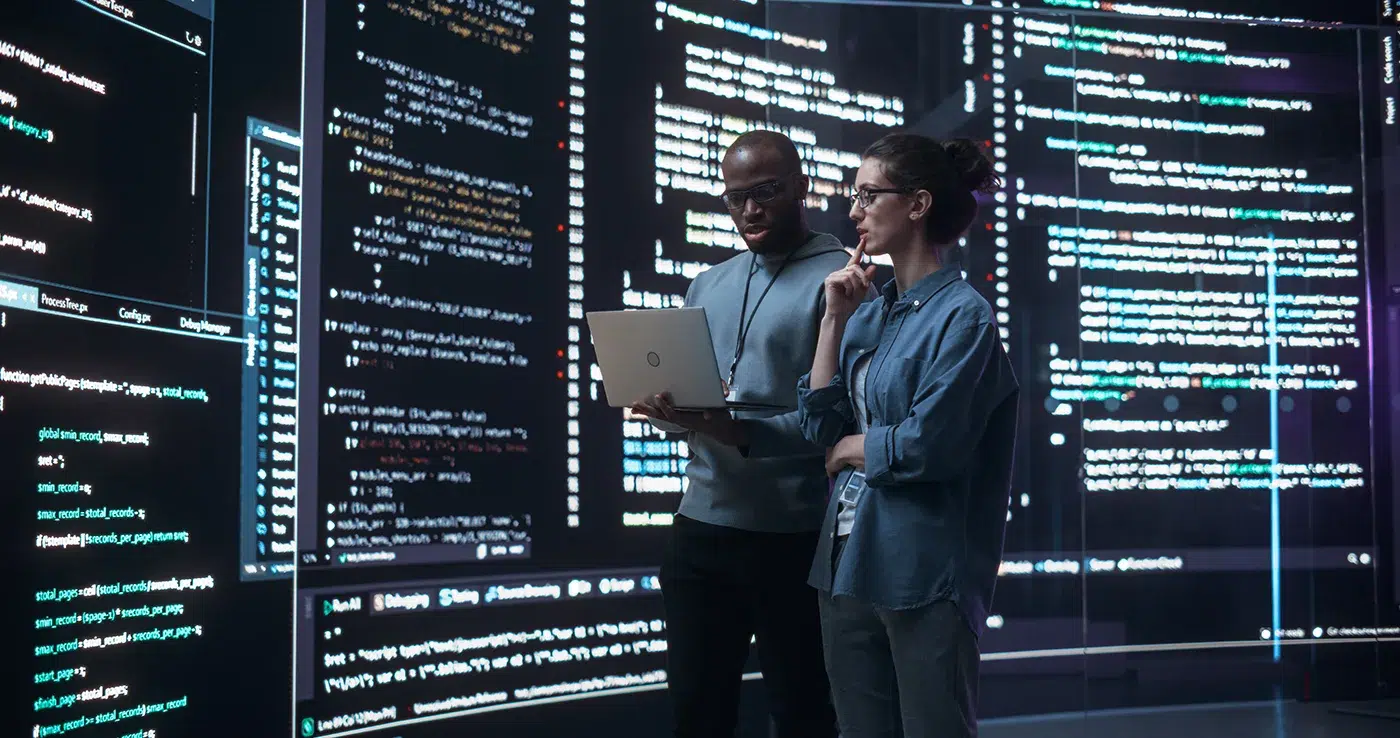Guest- and employee-facing connected technologies are transforming the travel experience

The hotel and travel industry is poised for a wave of innovation. Emboldened by a strong global economy, consumers are booking more excursions as they seek experiences over goods and services. To remain competitive, established industry players are seizing the opportunity in the upswing to invest in technology that keeps them nimble in the face of a changing market.
Hotels are already embracing a myriad of connected technologies to meet changing customer expectations, such as smart energy management systems and mobile-enabled room keys. As IoT functionality expands, operators will receive data in real time about the status of multiple hotel systems: lighting, elevators, power, security cameras, smoke detectors, HVAC, water meters, and so on.
In June 2018, Amazon announced Alexa for Hospitality, an in-room version of its voice-activated virtual assistant designed especially for the hotel industry. The platform integrates easily into hotel software to allow guests to control in-room devices, play music, order services, or discover recommendations, all by voice. As part of the launch, Marriott International is set to introduce the experience at a number of properties in their brand portfolio, including Marriott, Westin, St. Regis, Aloft, and the Autograph Collection. It’s not the only hotel moving in this direction, with most hotel chains looking to benefit from in-room IoT deployments.
Hilton’s Connected Room Concept
Hilton recently launched its Connected Room concept, which gives hotel guests that use the Hilton Honors app a number of personalized features. Guests can select their preferred TV channels, set room temperature and lighting preferences, check in before arriving at the hotel, select a room from a digital map, and unlock their room with a phone. The concept has been deployed at four hotels near Memphis and is expected to expand to five more brands in multiple locations before scaling globally.
While the guest room adds cutting edge tech, hotel leaders are deploying operations upgrades to boost efficiency, reduce waste, and lower costs. Hotel catering providers use Internet of Things (IoT) temperature sensors to monitor and record the storage environment for large quantities of perishable items. For example, sensor platforms can confirm that hot buffet foods and cold salad bars stay within safe temperature ranges. Sensors can also be placed on kitchen equipment such as fryers, grills, ovens, and dishwashers.
Walt Disney Parks and Resorts has partnered with Zebra Technologies and iCertainty to launch an automated food safety system using wireless temperature probes, cloud-based software, and handheld devices. Food is tracked to meet HACCP standards from the moment it’s received at the loading dock all the way to the guest’s plate. Every aspect of preparation — from hand-washing to cooking and storage temperatures — can be monitored digitally, and staff can be alerted if food is not at an acceptable temperature or when critical measurements have not been recorded.
Called CHEFS, the solution has been deployed in more than 700 food and beverage locations throughout Disney’s U.S. domestic parks and resorts, Disneyland Paris, Hong Kong Disneyland and Shanghai Disney Resort, and implementation is planned for the Disney Cruise Line.
Conclusion
As the business of travel is quickly becoming digitized, connected technologies help travel businesses stay ahead of the curve, and help solve some of the industry’s biggest challeges.
The future of the competitive hotel industry lies in innovations that provide a strong return on investment. Technology can help tourism companies perform tasks with less time, labor, and resources, while real-time data analytics improve quality and compliance industry-wide. Ensuring that the industry meets regulations, as well as expectations, provides an optimal experience for every guest, everywhere.
